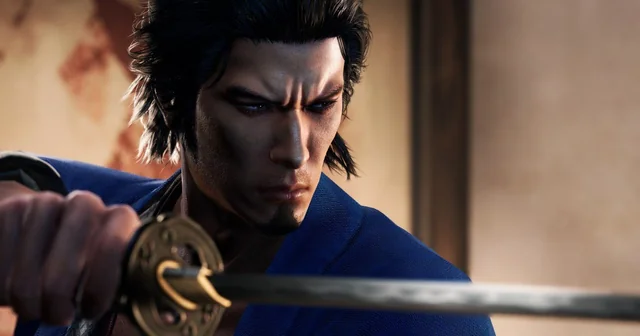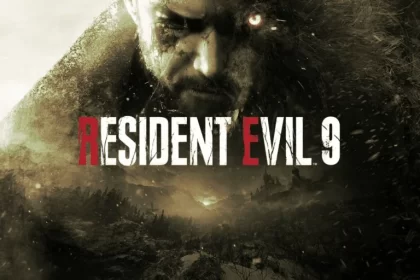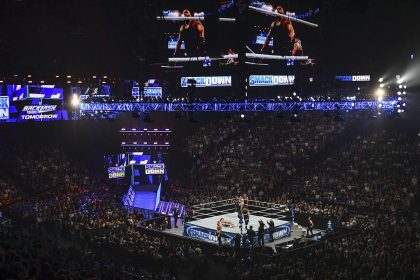In an age where major gaming releases often span over half a decade, Ryu Ga Gotoku Studio stands out by consistently delivering titles in the Like A Dragon/Yakuza/Judgement series at an impressively rapid pace. What sets them apart? The answer appears to be iterative game design.
Renowned for weaving a single narrative through multiple games and revisiting familiar settings, RGG Studio has repeatedly brought back series icon Kazuma Kiryu for another round of action, reaching a point where he now confronts a terminal cancer diagnosis in this year’s outstanding Like A Dragon: Infinite Wealth.
However, Infinite Wealth marks the tenth new game in the series over the past decade (including Judgement, Ishin, and Gaiden). To put this in perspective, Rockstar Games released GTA 5 and Red Dead Redemption 2 during the same timeframe. Meanwhile, Rocksteady managed Batman Arkham Knight and, more recently, Suicide Squad Kill The Justice League. In comparison, only two mainline Halo shooters were launched.

Masayoshi Yokoyama, the studio director, shared insights with the Washington Post through an interpreter, noting that unlike companies emphasizing new cities and gameplay with each release, RGG’s approach involves building on the previous version. Yokoyama observed that many modern blockbusters resemble “complete reboots” rather than “upgrades of the previous” games.
RGG’s distinctive strategy is highlighted by the recurring presence of Kamurocho, a Japanese nightlife district, in almost every installment. Fans appreciate the district’s return, enriched with amusing side activities and heartfelt vignettes.
Revisiting familiar locations allows the team to reuse development assets, reducing the unsustainable cost associated with contemporary big-budget games. Yet, it’s not solely a cost-cutting tactic; it embodies a design philosophy that has proven successful.
Yokoyama emphasizes their unique approach, stating, “We take on an approach that builds on the previous version,” likening it to the development of linear media content like drama or movies. He suggests that few companies adopt this method in the gaming industry, claiming, “I would argue it’s probably only us.”
This approach has propelled the series to sustained growth in Japan and an expanding global audience. Following eight mainline entries, Like A Dragon: Infinite Wealth, with the addition of Hawaii, garnered the series’ best reviews and fastest sales, demonstrating that significant studios can create exceptional content without taking unnecessary risks.






